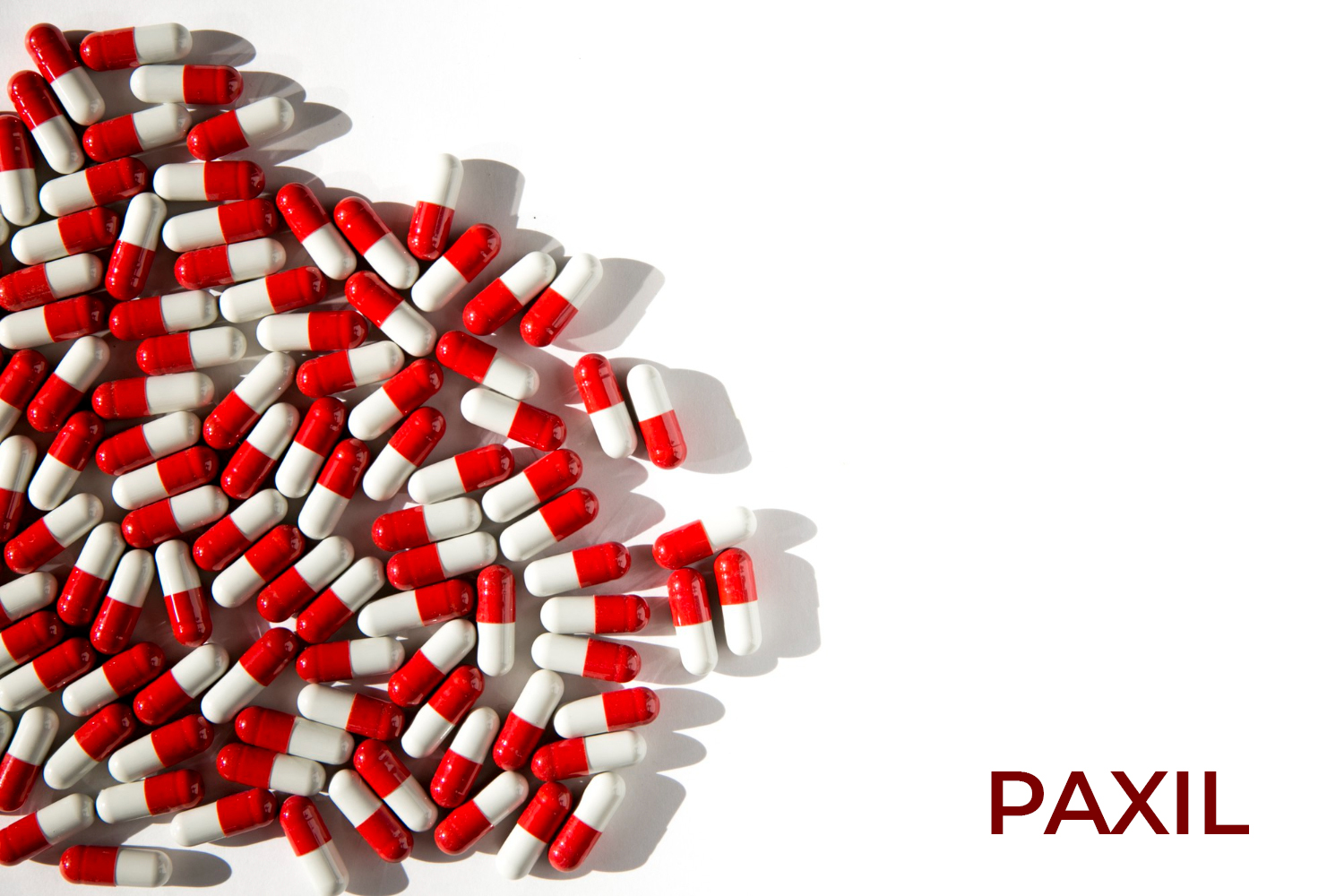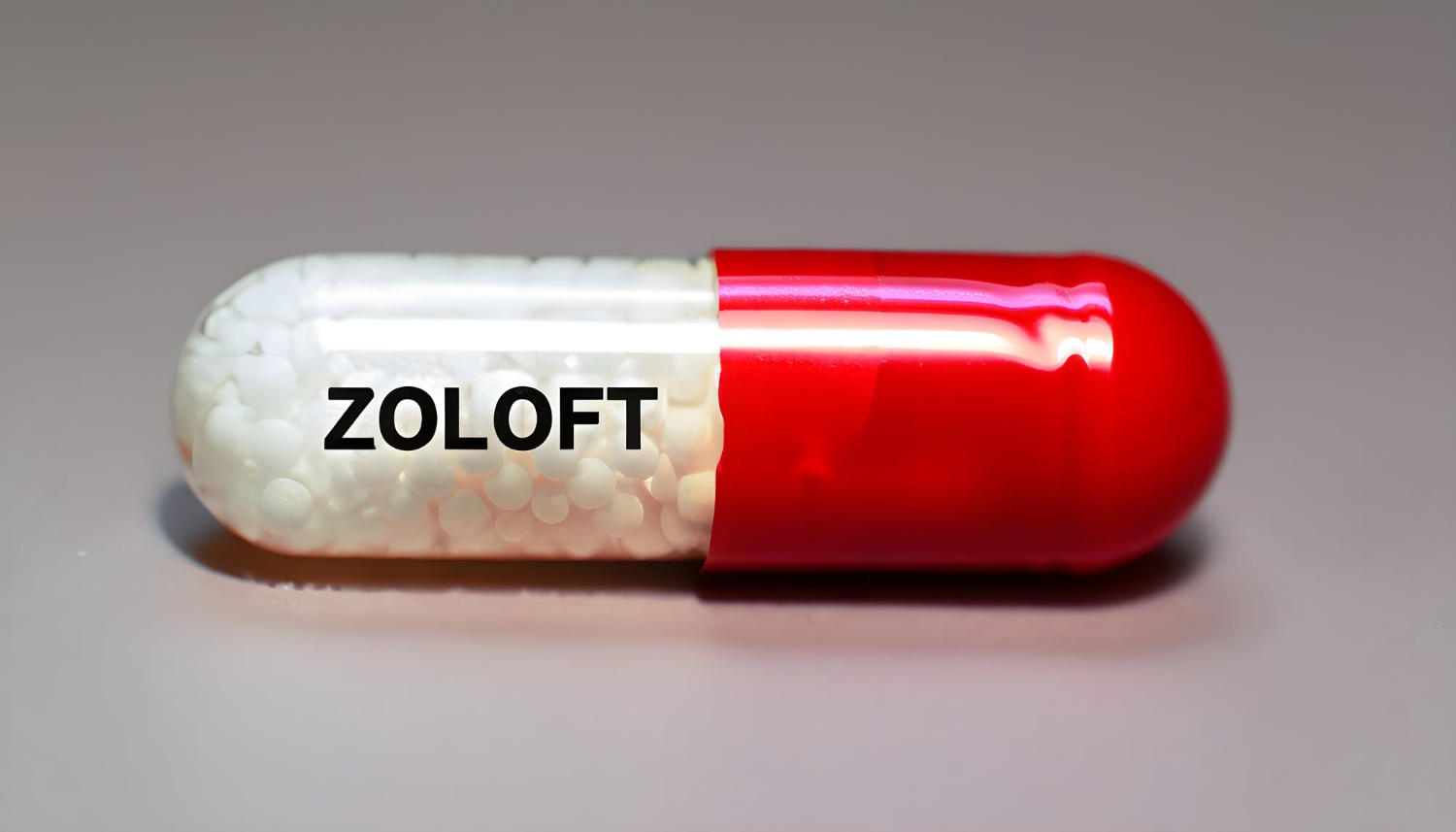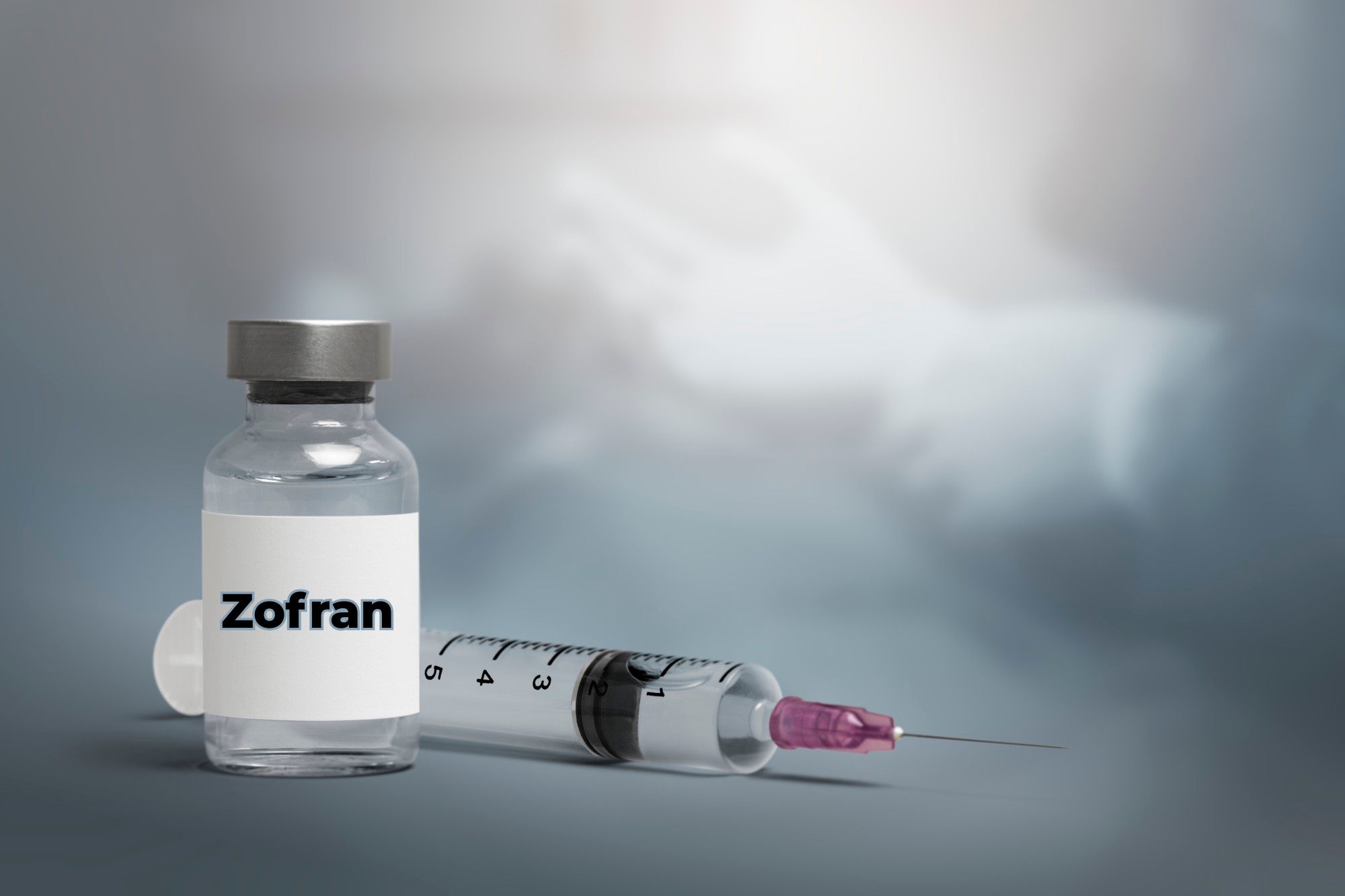the U.S. Food and Drug Administration (FDA) in 1992.
It is noted that the patients taking Paxil are liable to serious risks, such as severe birth injuries, birth defects, and suicidal tendencies.
Serious Alleged Injuries May Include:
- Risk Of Birth Defects Including Autism, Persistent Pulmonary Hypertension (PPHN), Hypoplastic Left/Right Heart Syndrome (HLHS), Septal Heart Defects, Cranial Defects, Omphalocele, Club Feet, Delayed Development, Pulmonary Stenosis, Pulmonary Atresia Etc.
- Increased Risk Of Suicidal Thinking And Violent Behavior
- Withdrawal Symptoms Like Anxiety, Irritability, Nausea, Fatigue Etc.
FDA Safety Warnings:
FDA released a warning about the possible risk of increased suicidal thoughts and behaviors in young users of antidepressant medications, which included Paxil, on September 23, 2004, and later on, ordered the manufacturers like GlaxoSmithKline to revise their black box warnings by adding the line that it increases the risk of suicide in children.
On 8th December 2005, the FDA determined that exposure to Paxil in the first trimester of pregnancy may increase the risk for congenital malformations, particularly cardiac malformations and requested the manufacturer to change the pregnancy category from C to more harmful category D along with the addition of new data and recommendations to warning section of prescribing information.
On 2nd May 2007, the FDA proposed that makers of all antidepressant medications update the existing black box warning on their products labeling to include warnings about increased risks of suicidal thinking and behavior, known as suicidality in young adults ages 18 to 24.
The FDA released safety announcement on 14th December 2011, about the use of SSRI antidepressants by women during pregnancy and the potential risk of persistent pulmonary hypertension of the newborn (PPHN).
It has received another public health advisory warning that Paxil can induce serotonin syndrome.
Paxil Recall
GlaxoSmithKline, in 2005, voluntarily recalled several lots of its Paxil CR because of the manufacturing problems. Several months later, the FDA seized more remnants of the suspect lots after determining that the tablets could split apart causing some patients to receive a portion that lacks any active ingredient, or alternatively a portion that contains the active ingredient but does not have the intended controlled-release effect. GSK continued production and distribution from the two plants several months after the recall.
Legal Updates:
In 1993, lawsuits were filed against GlaxoSmithKline related to Paxil for the first time. Allegations were based on the fact that in spite of knowing about the severe withdrawal symptoms, the company promoted the drug as non-habit forming. In the Central District of California, all the cases filed in U.S. federal courts were consolidated into a multidistrict litigation proceeding. It was reported that these cases were settled for around $160 million, and the MDL got closed in February of 2006.
Around 5,000 people had filed lawsuits against GlaxoSmithKline claiming Paxil led to birth defects and suicide, in which 450 lawsuits cases related to suicide were settled by the manufacturer for more than $390 million prices.
An average of $300,000 was paid for suicide attempt Paxil lawsuit cases as the settlement.
Also, there were multiple lawsuits filed have alleged the manufacturer stating intentional withholding of information related to severe withdrawal reactions.
Until July 2010, the company had settled approximately 800 Paxil birth defects lawsuits at a cost of $1.14 billion.
GlaxoSmithKline paid an average of about $50,000 per case to resolve approximately 3,200 claims linking Paxil to addiction problems.
In the largest health care fraud settlement in the U.S. history, GlaxoSmithKline, in 2012, agreed to plead guilty to a three-part criminal indictment and pay $3 billion in fines and civil penalties for promoting two drugs - Paxil and Wellbutrin - for unapproved uses, including the treatment of children and adolescents, a tactic known as "off-label marketing," and for failing to report safety data about its diabetes drug, Avandia, to the FDA.
Paxil Lawsuits were centralized in the Central District of California on December 19, 2003, in MDL No 1574 (Ninth Circuit: In re Paxil Products Liability Litigation) before U.S. District Court Judge Mariana Pfaelzer.
EVIDENCE:
- Usage In Pharmacy Records
- Duration Of Usage In Pregnant Females And In Children/Young Adults From Pharmacy Records
- Diagnosis And Treatment Of Birth Anomalies In Child; Suicidal Tendency And Violent Behavior In Children/Young Adults After Intake
- Treatment Required For Birth Related Defects In Child
Medical Record Review and claim validation of Paxil case should take approximately 2 hours in most instances; however, this approximation may vary in cases based on the volume of records.




